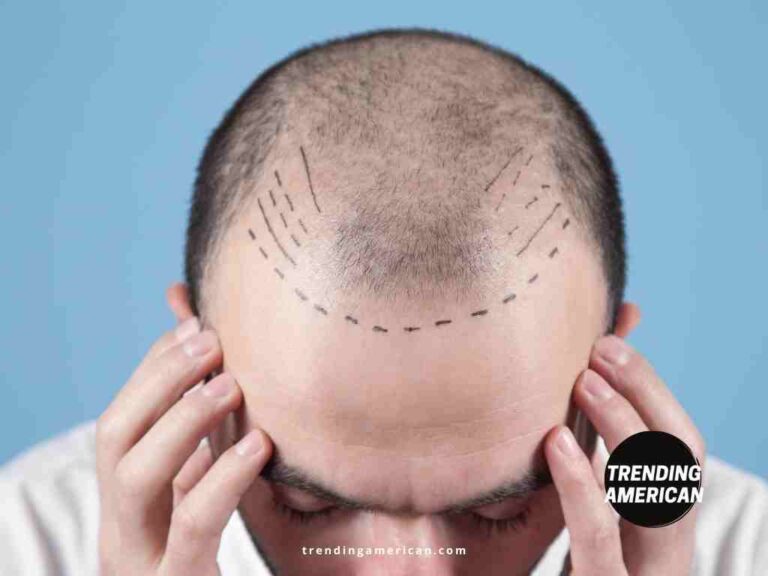How does proper sleep boost creativity
Our brains travel through different layers of sleep. At the deepest layer of our sleeping time, our creative brain engages. It’s also at this level that our brain is cleansed of the toxins that build up over time and at points of high stress. If you struggle to fall asleep, are awakened by snoring or pain, or have anxious thoughts cycling through your brain, you could be missing out on incredibly creative ideas that could solve some of your most difficult problems.
The Layers of Sleep
Your brain works through four layers of sleep in each sleep cycle. In the first stage, we doze off. The second stage is a light sleep that lasts up to 30 minutes. Deep sleep with no eye movement is the third stage, and it lasts up to 40 minutes. Finally, the REM stage completes the sleeping cycle. We dream during the REM state.
If you struggle with insomnia or anxious thoughts, your dozing phase will last longer than is healthy, and you may not be able to get past it. Those who cannot even drop into light sleep to freshen the brain may lose access to their creative brain because their body and brain go into survival mode; there is no energy for creativity in the exhausted brain.
During light sleep, our core body temperature drops before we can fall into deep sleep. Keeping your sleeping space cool is critical to the most healthy sleep. Darkness and quiet are also critical at this point.
Deep sleep and REM sleep are the two phases when your creative brain can be put to work. By planning ahead, you can winnow down your thoughts and concerns and simply turn over your biggest concerns to your creative brain.
The Magic of REM Sleep
Too many people try to fall asleep with all the problems in the world running around in their brains. To reduce this sense of overload, sit down with a notebook and physically write down your biggest worries. On the other side of the paper, write down two solutions.
If the lack of money is a primary source of your worries, figure out two ways to raise $10 in the next week. Write them down and focus on them as you fall asleep. This sounds silly, but this idea offers you a tangible goal that you can reach and allows you to put a stop or wedge under the spinning worry of our cares about money.
Once you have your two solutions, let your creative brain work on them while you sleep. When you wake, engage in something habitual. Take a walk and get your brain oxygenated. Take a shower and allow the noise and pattern of cleaning your body to make room for creative answers. Your creative brain will have the space to offer you a solution.
Guard Your Sleep Quality
Poor sleep can be caused by a lot of factors. You may have a bed that is too hard or too soft. You may snore or struggle with sleep apnea. Instead of suffering, treat yourself to a topper to soften an older mattress or firm up a bed that is too squishy.
If you snore or struggle with apnea, consider getting a wedge pillow to lift your head and lessen the weight of the tissue at the back of your mouth. You may ultimately need a dental appliance or surgery, but a wedge pillow can be a good start.
Calm Your Mind Before Bed
No matter the problems you’re dealing with, calming your mind will quiet your body and brain and make sleep easier to find. This can be done with low light, listening to gentle music or staring at a star-filled sky.
Do your best to stay out of narratives as you prepare for bed. If you choose to listen to music, listen to something with no lyrics. If you prefer to read, try something historical or biographical that has no characters. You need your creative brain to work on bigger concepts, not on a known storyline or the lyrics to your favorite tune.
If you’re constantly tired, you won’t have the energy to focus on more creative matters. Your brain will not benefit from a lot of caffeine first thing in the morning if you haven’t gotten the necessary rest. Guard your sleeping space, your nighttime calming routine and your quiet.
By Michael Caine







